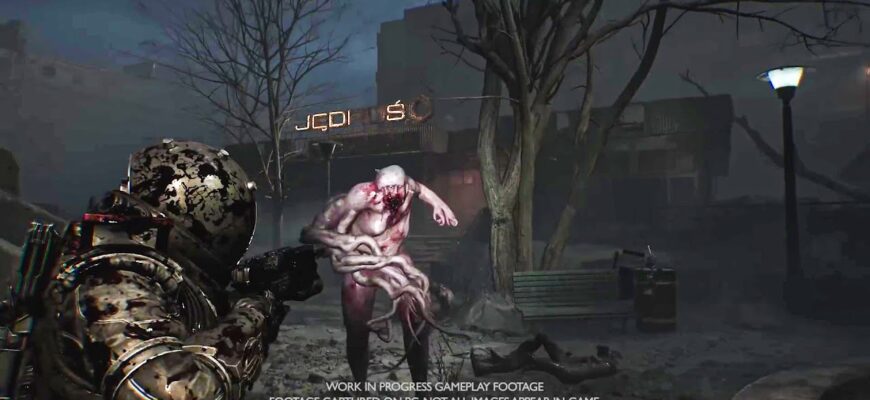In an industry often celebrated for its fantastical escapism and innovative technology, a much more grounded, yet equally significant, drama is unfolding. This week, over 450 developers from Blizzard Entertainment`s iconic Diablo team cast a decisive vote to unionize under the Communications Workers of America (CWA). This landmark decision is not merely a localized labor dispute; it represents a growing chorus within the video game sector demanding better working conditions, greater job security, and a collective voice.
The Unsettling Backdrop: Layoffs and Lingering Fear
To understand the impetus behind this movement, one must look no further than the recent turbulence that has swept through the gaming industry. Mass layoffs, once an infrequent and shocking occurrence, have become an unsettlingly routine affair. For many developers, the creative passion that draws them to this field has been overshadowed by a pervasive sense of dread. As Kelly Yeo, a Diablo producer and organizing committee member, succinctly put it, “It feels like no amount of hard work is enough to protect us.”
This sentiment is tragically amplified by personal anecdotes that paint a vivid picture of the prevailing anxiety. Imagine walking into the office, badge in hand, only for it to fail at the cafeteria door. Designer Ryan Littleton experienced this firsthand, momentarily fearing it was his unceremonious notification of redundancy. While merely a technical glitch in his case, it underscores a chilling reality: job security has become a phantom limb in a sector that regularly asks for immense dedication and crunch hours.
Senior software engineer Nav Bhatti articulated this collective stress as a “fight-or-flight mode.” The union, in this context, offers not just a shield but a platform to “stand our ground in the industry.” It`s a pragmatic response to an environment where individual effort, however prodigious, is increasingly perceived as insufficient against the tides of corporate restructuring.
A United Front: Who and How
The newly formed union is comprehensive, representing a broad spectrum of talent vital to game development: designers shaping worlds, engineers building intricate systems, artists crafting visuals, and the crucial support staff who ensure everything runs smoothly. These workers will now be represented by CWA Local 9510 in Irvine, California; Local 1118 in Albany, New York; and Local 6215 in Austin, Texas – reflecting a multi-state organizational effort.
Significantly, Microsoft, Blizzard`s parent company, has officially recognized the union. This recognition is a critical step, lending legitimacy and signaling a potential shift in corporate attitudes towards labor organization within the tech giant`s portfolio. It also highlights that the Diablo team`s vote is part of a larger, evolving trend at Blizzard itself; earlier this month, the studio`s Story and Franchise Development team also successfully unionized.
Beyond Blizzard: A Broader Industry Resonance
The implications of this unionization extend far beyond the hallowed halls of Blizzard. Jason Justice, president of CWA Local 9510, sees this as part of a “much larger story about turning the tide in an industry that has long overlooked its labor.” For decades, the video game sector largely operated outside the traditional union frameworks common in other entertainment industries like film, television, and music. The “love of the game” was often leveraged to justify demanding conditions and precarious employment.
Now, as game development matures into a multi-billion dollar industry, the workforce is increasingly seeking the same protections and collective bargaining power enjoyed by their counterparts. This wave of unionization suggests a growing awareness that while creating virtual worlds can be a dream job, the real-world conditions of employment must also reflect dignity and stability. It`s a stark reminder that even in the most innovative and seemingly “fun” industries, the fundamental relationship between labor and capital remains. Perhaps the most heroic quest now being waged is not for loot or glory within Azeroth or Sanctuary, but for workplace stability in Irvine, Albany, and Austin.
The Road Ahead: Challenges and Opportunities
Unionization is not a silver bullet, but a powerful tool. While the vote marks a significant victory, the real work now begins: negotiating contracts that address the core concerns of developers, from fair compensation and benefits to clear policies around layoffs and creative input. This process will undoubtedly face its own challenges, requiring sustained commitment from both the union members and leadership.
The Diablo team`s decision serves as a beacon for other studios and developers across the globe. It poses a fundamental question: Is the era of “crunch culture” and unchecked corporate power in gaming drawing to a close? Only time will tell, but for now, the dice have been cast, and a new chapter in the history of video game labor is undeniably being written.







